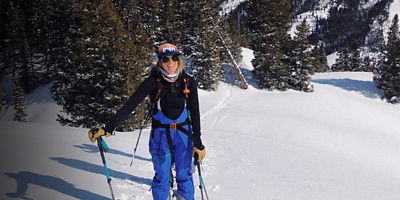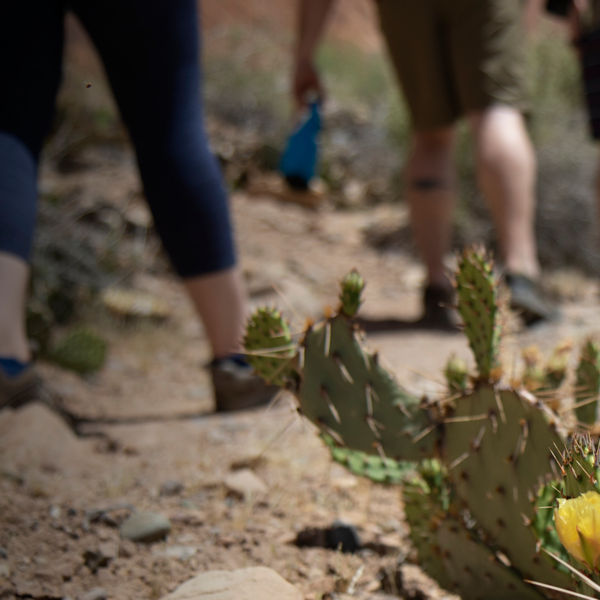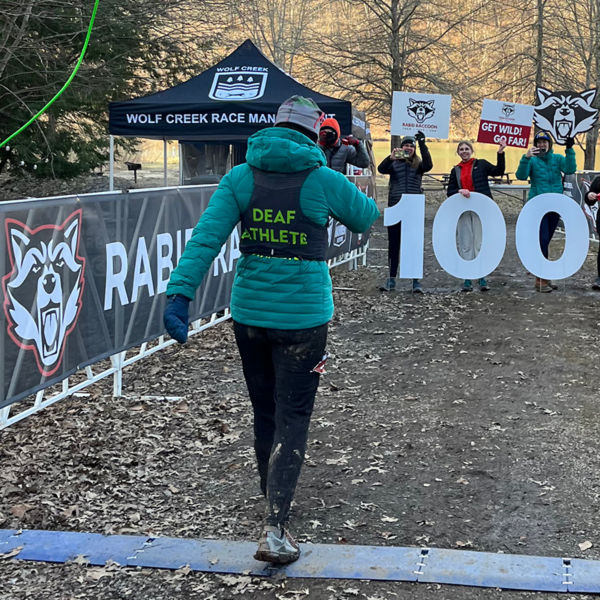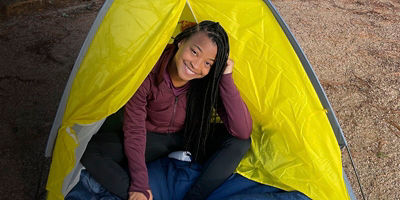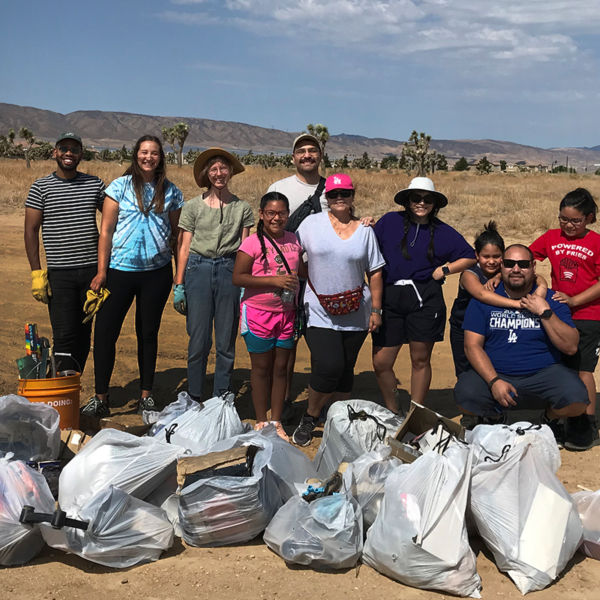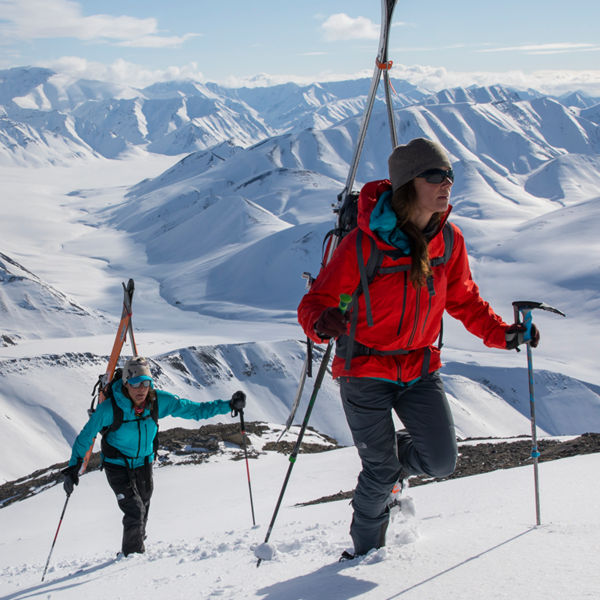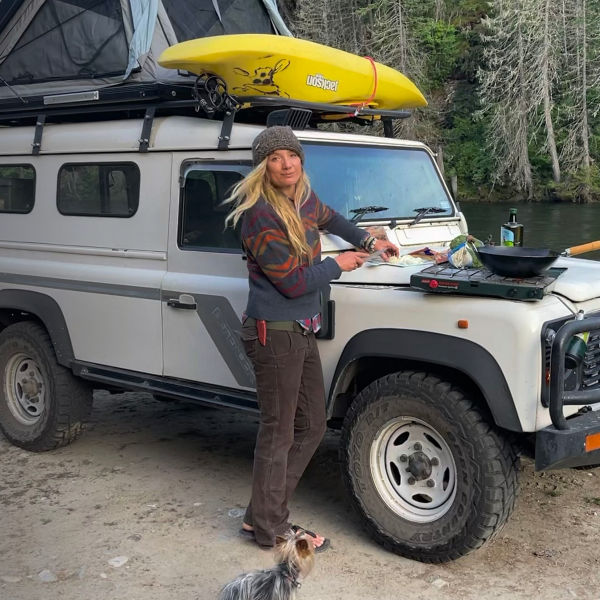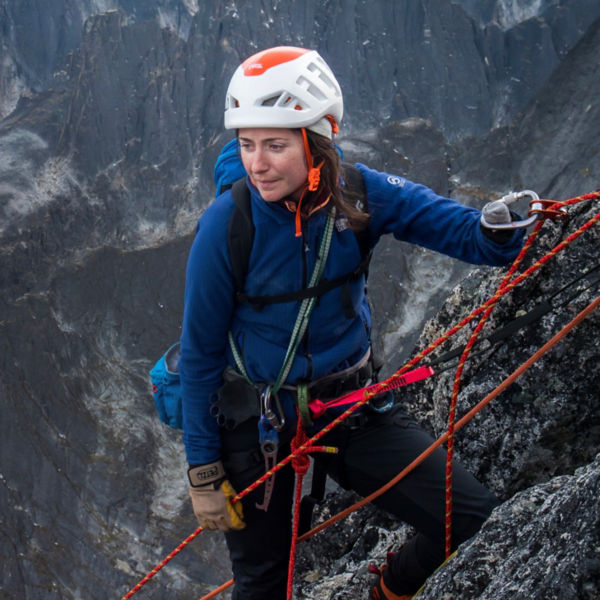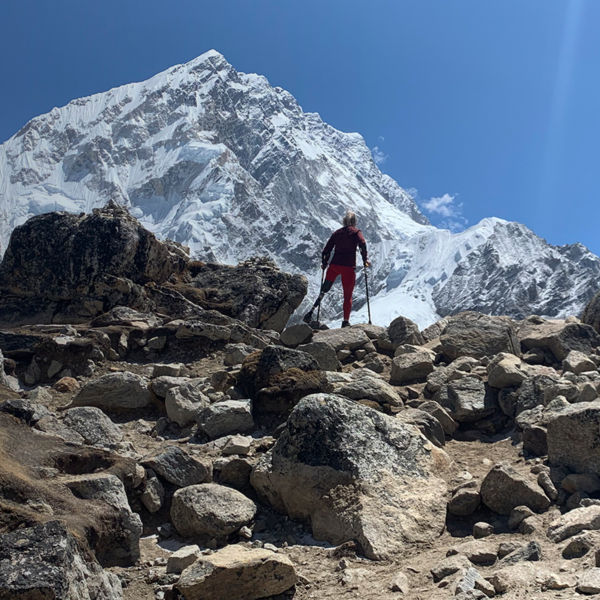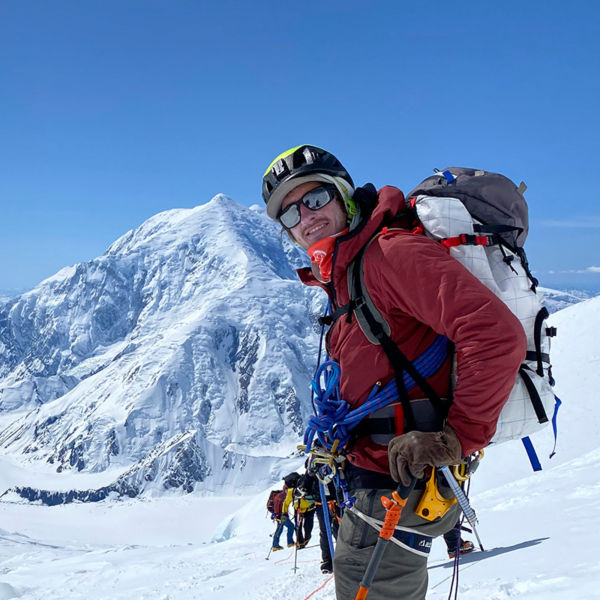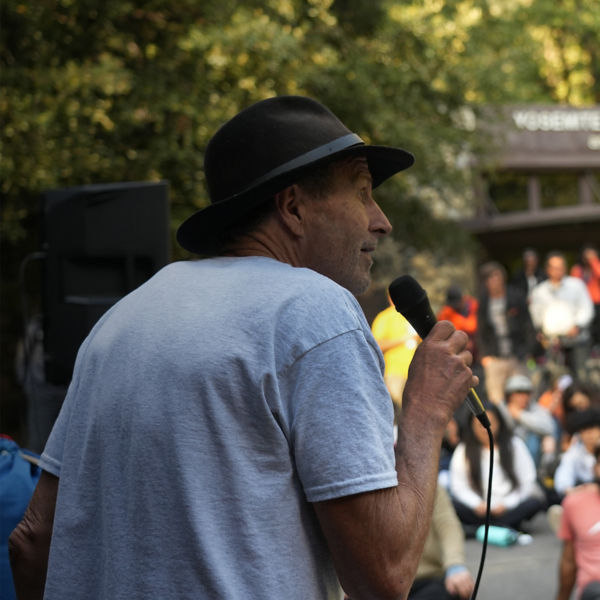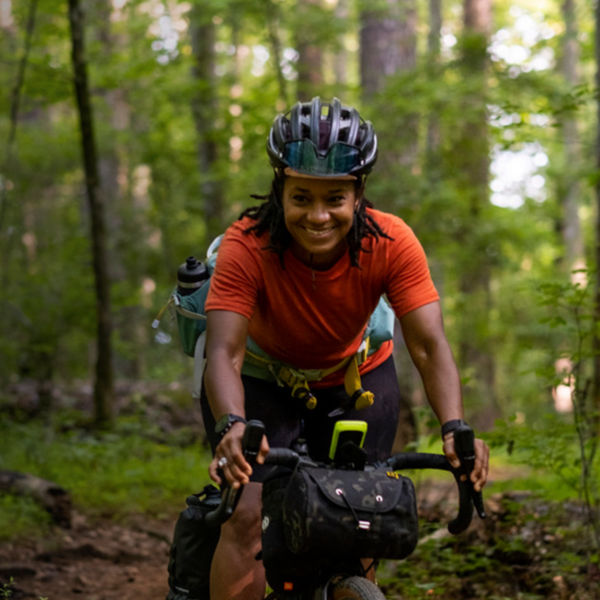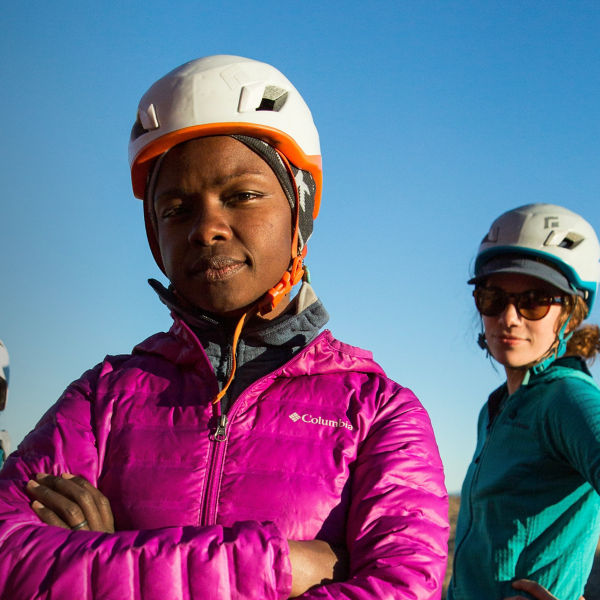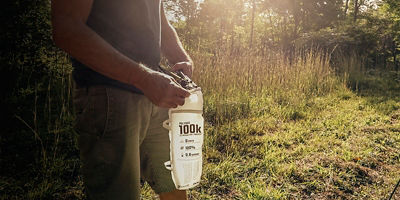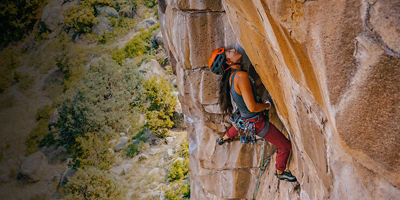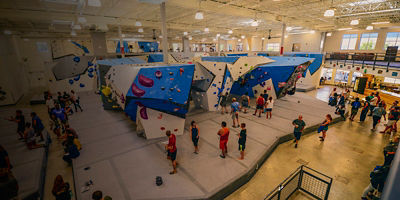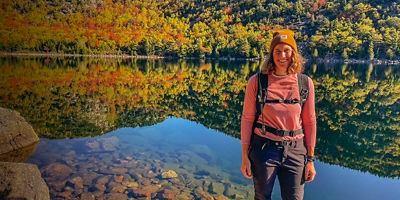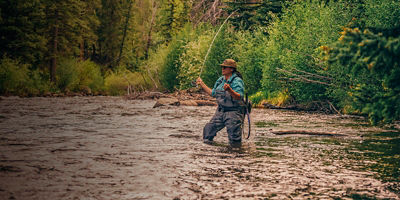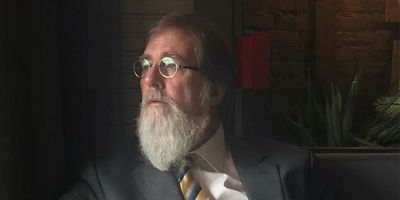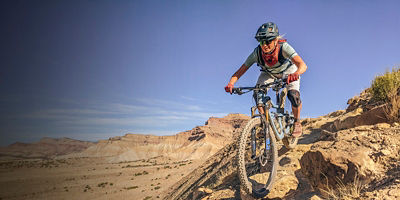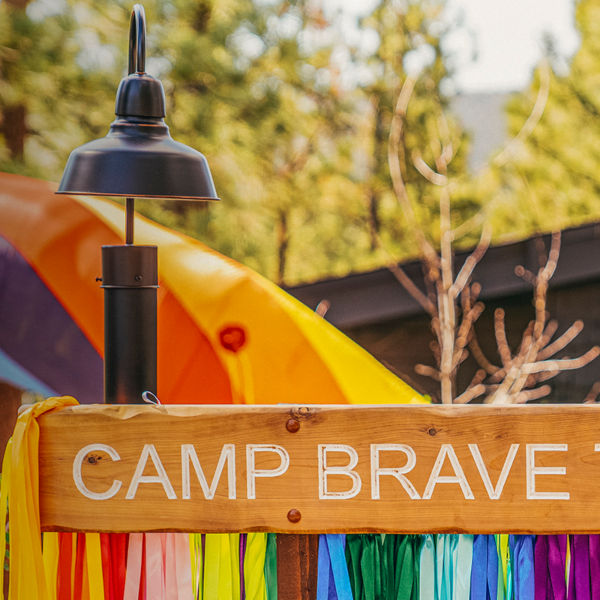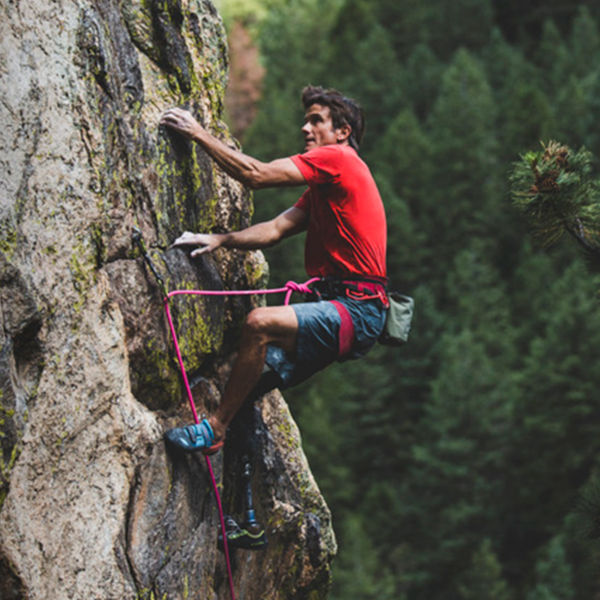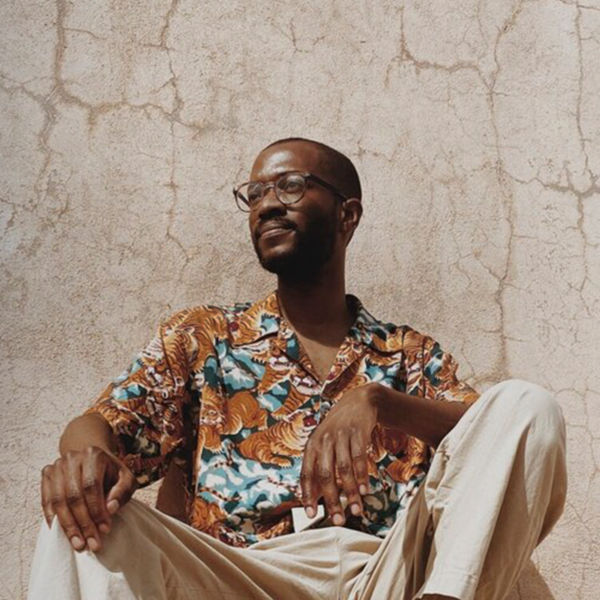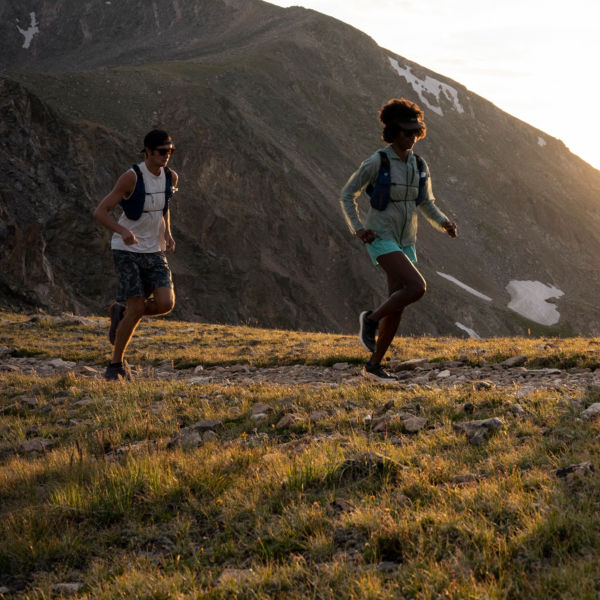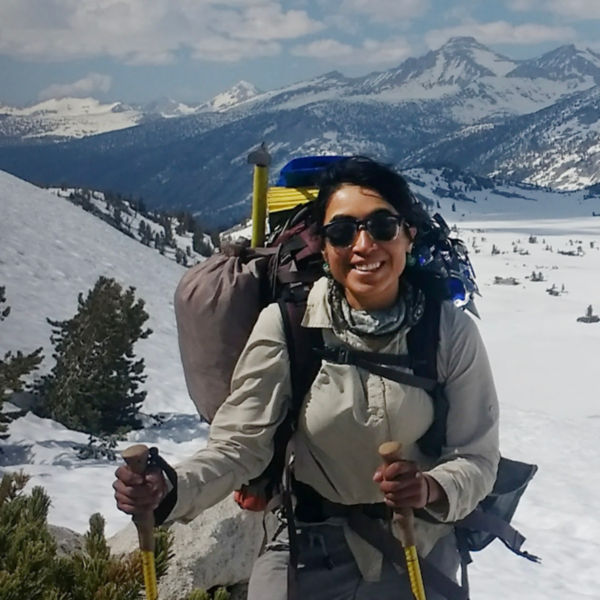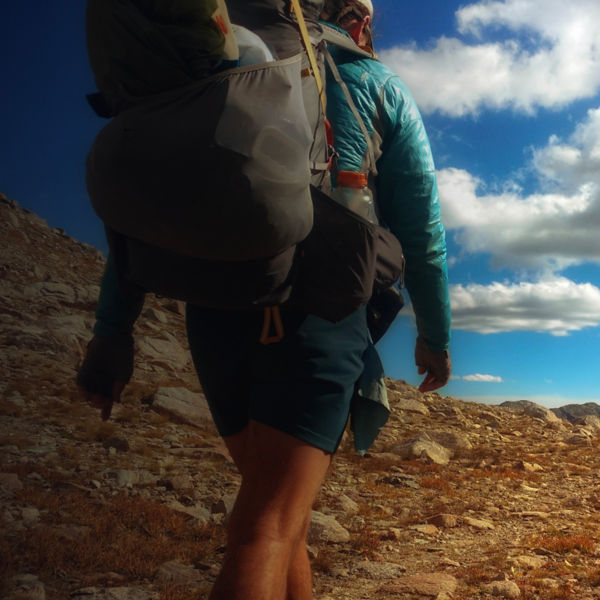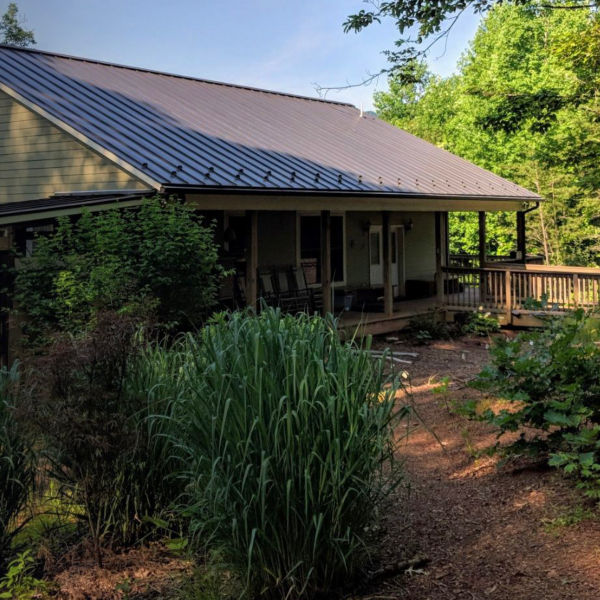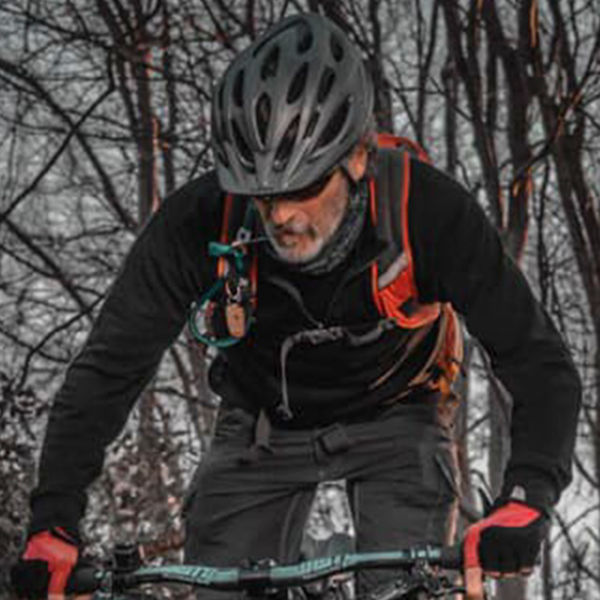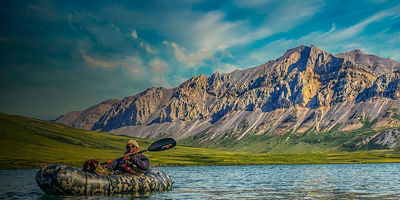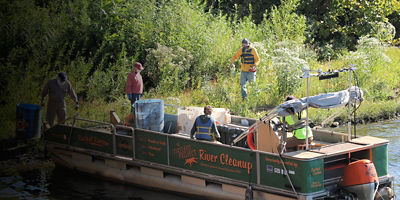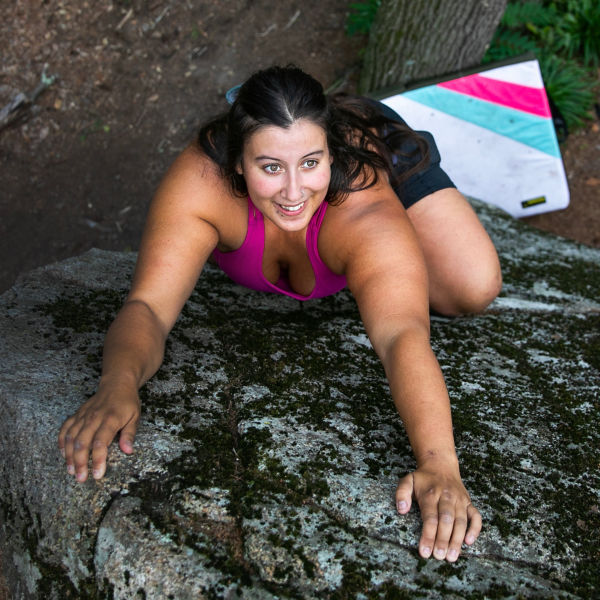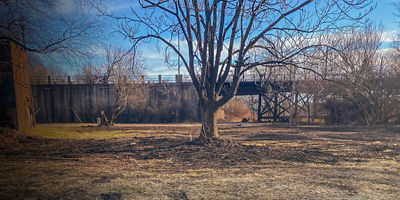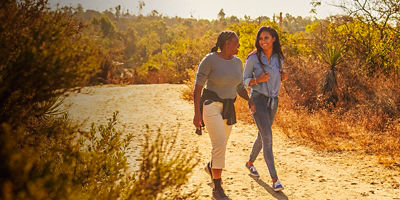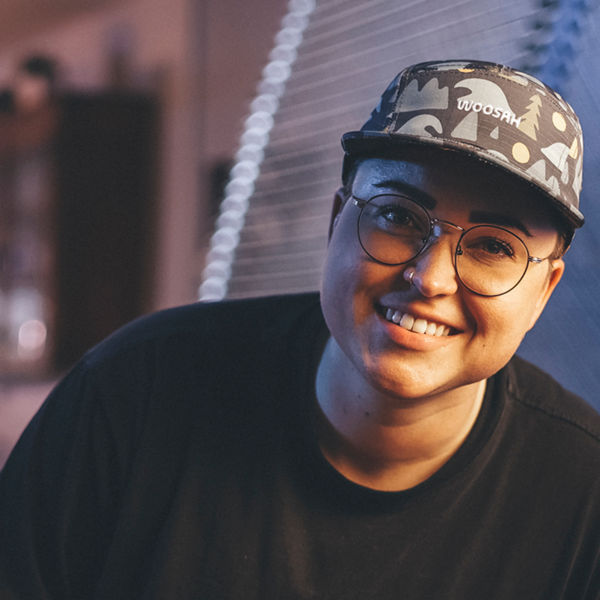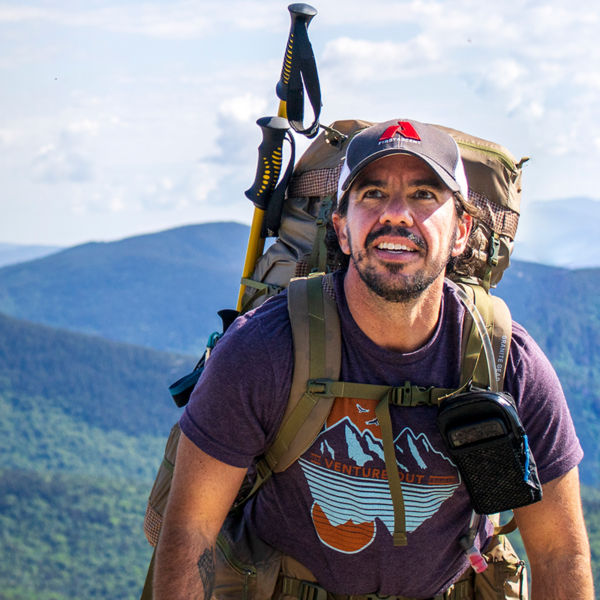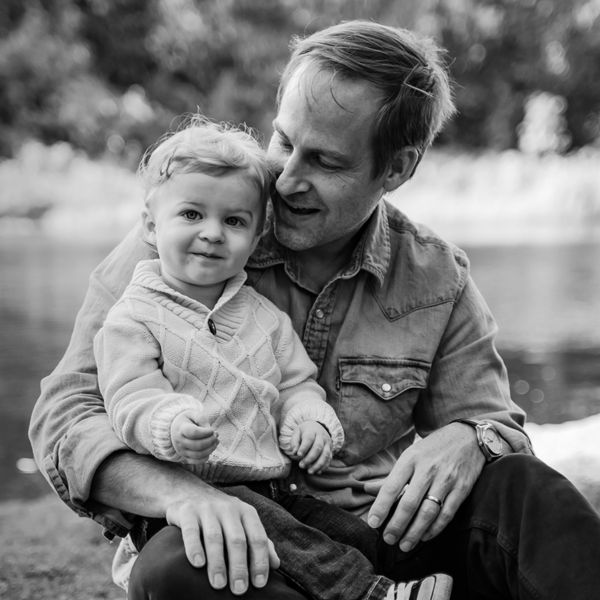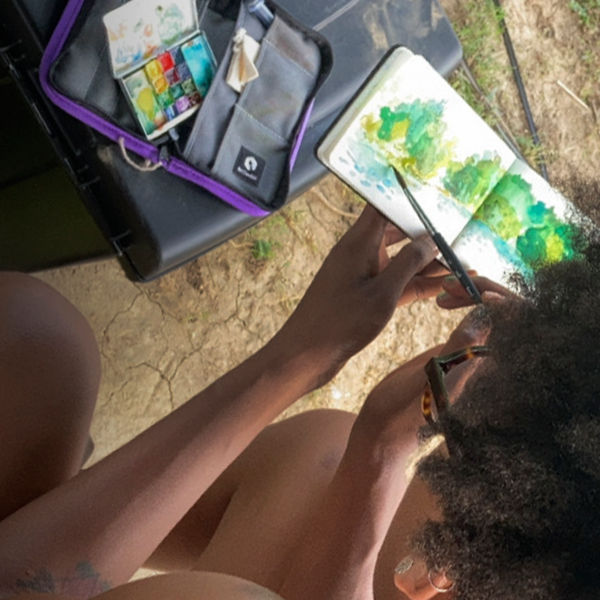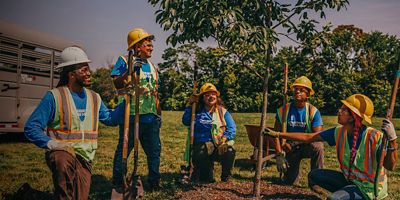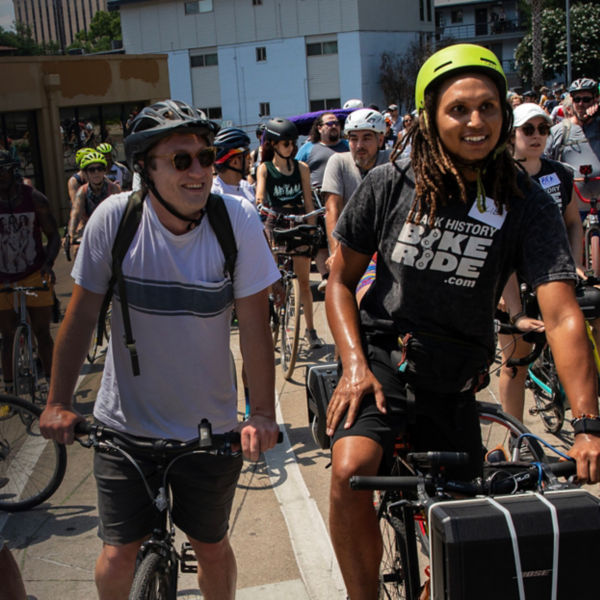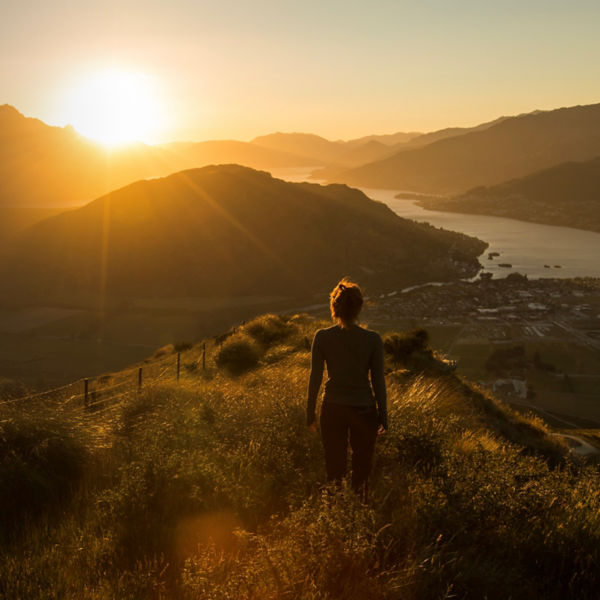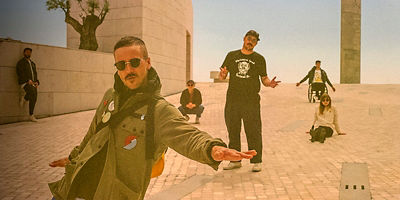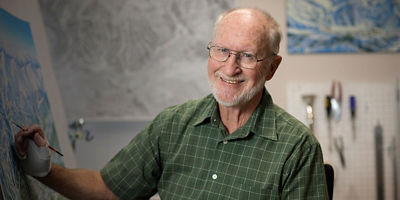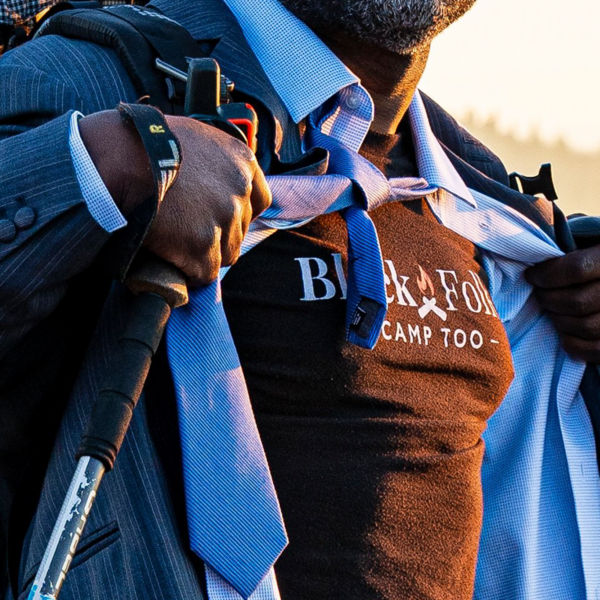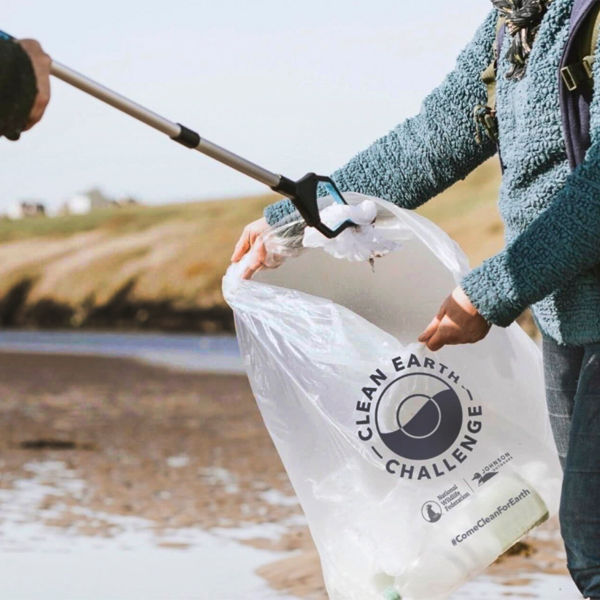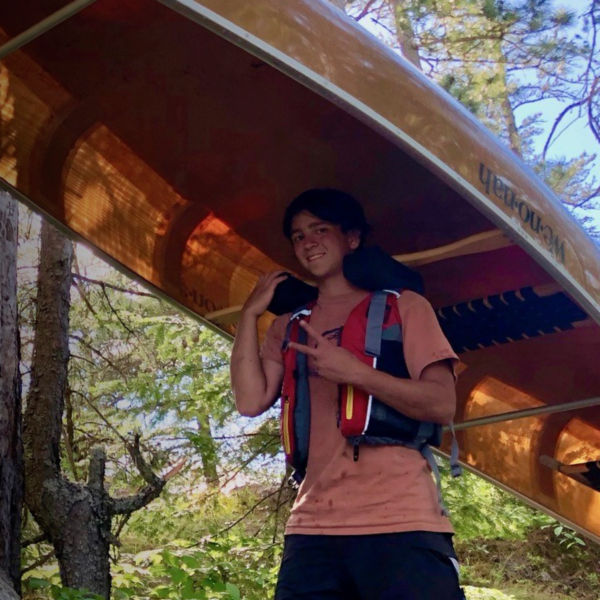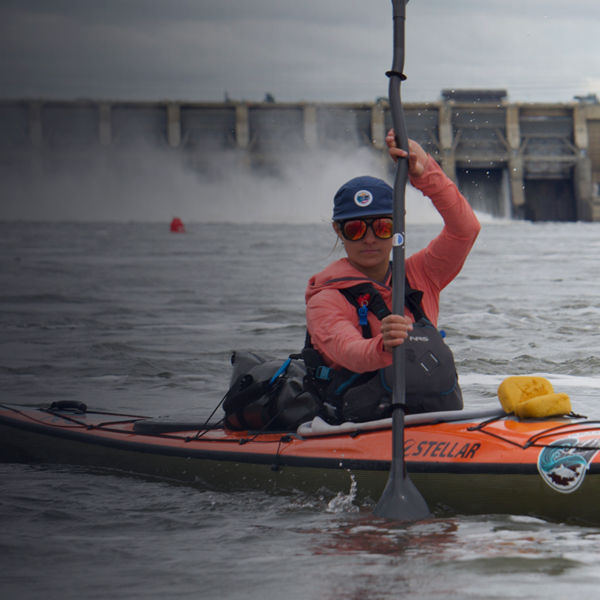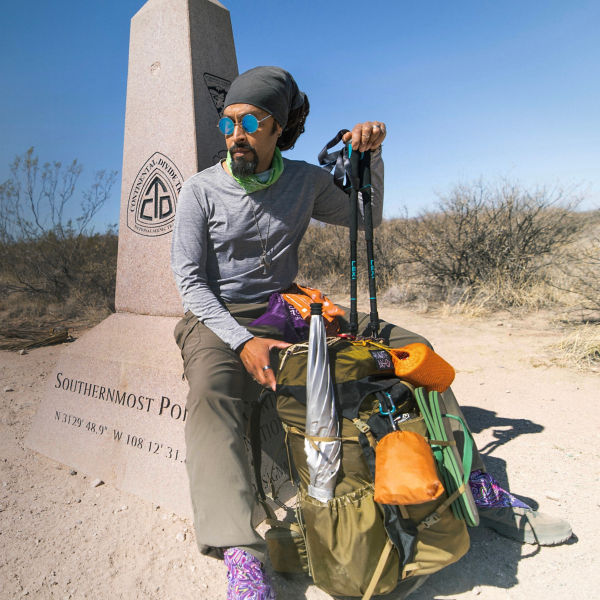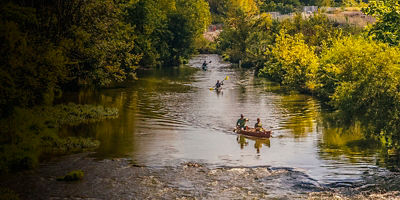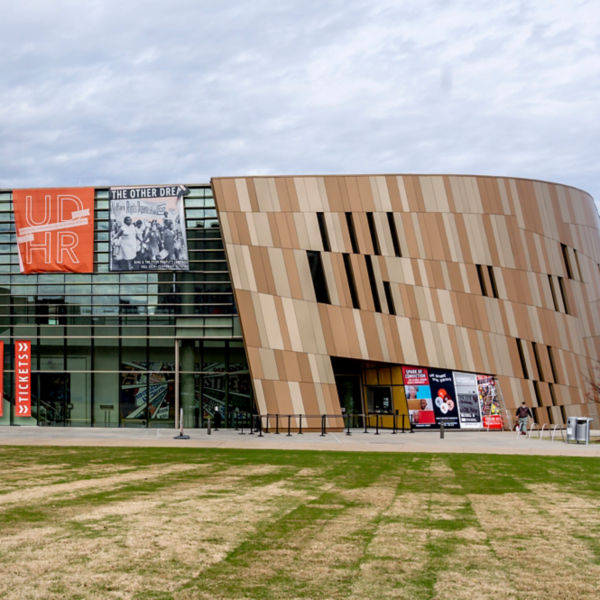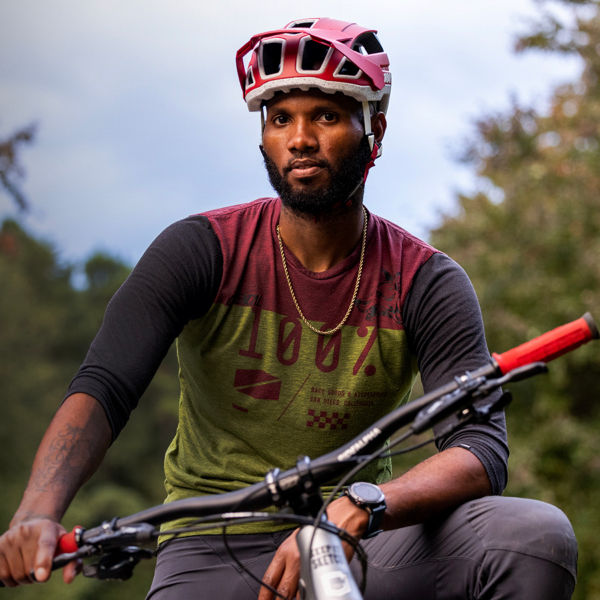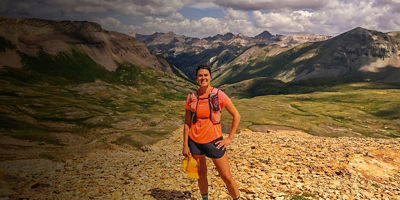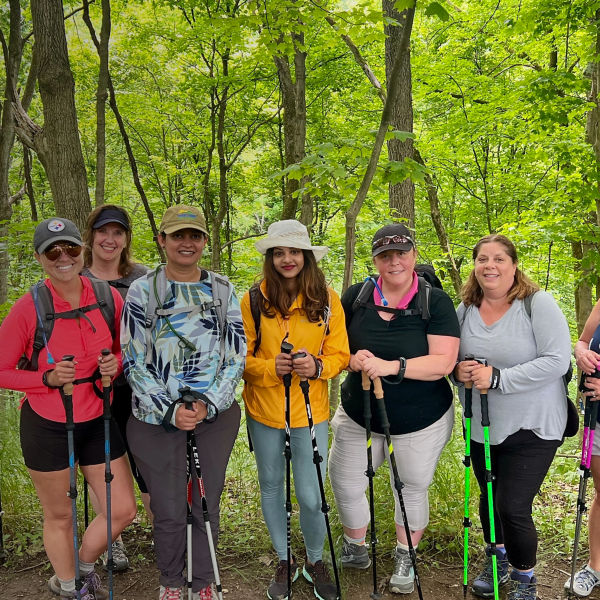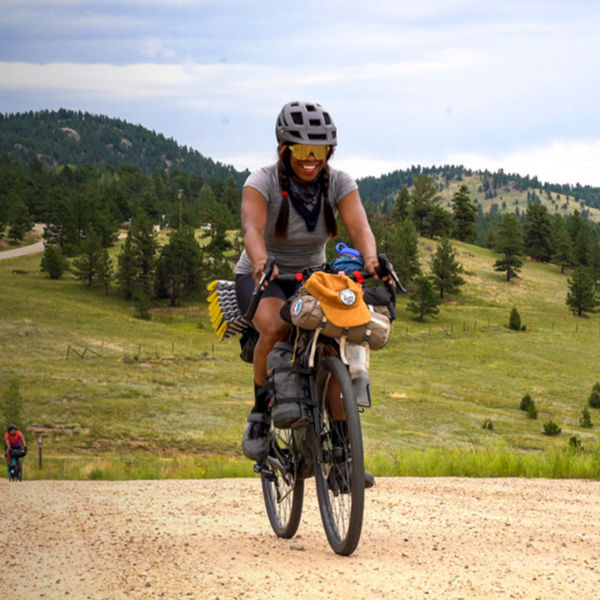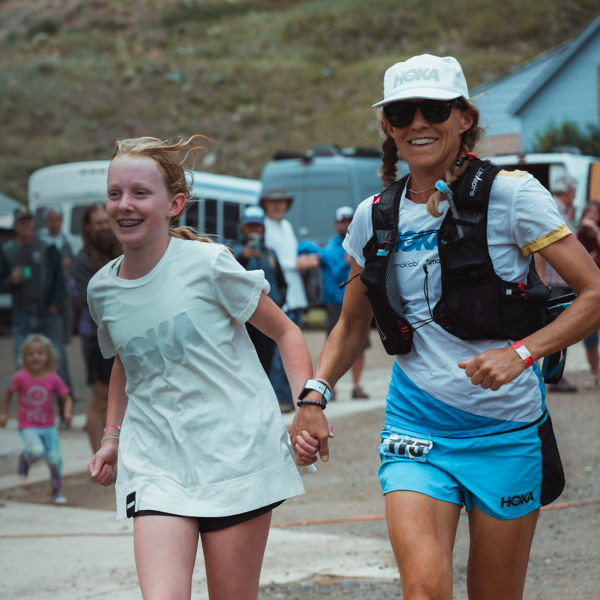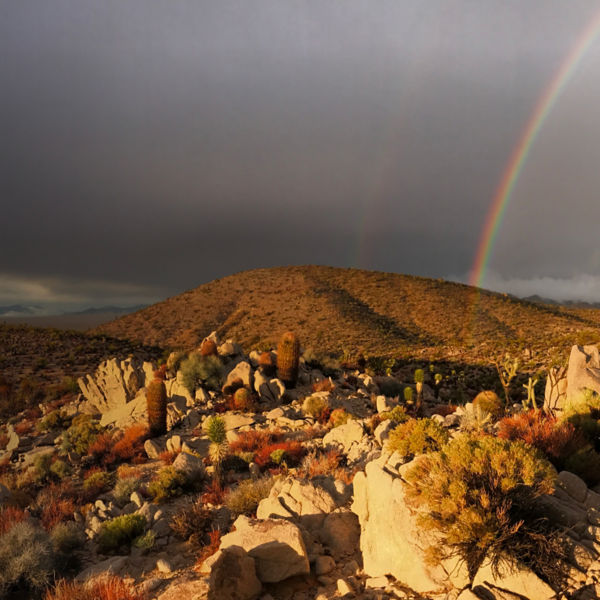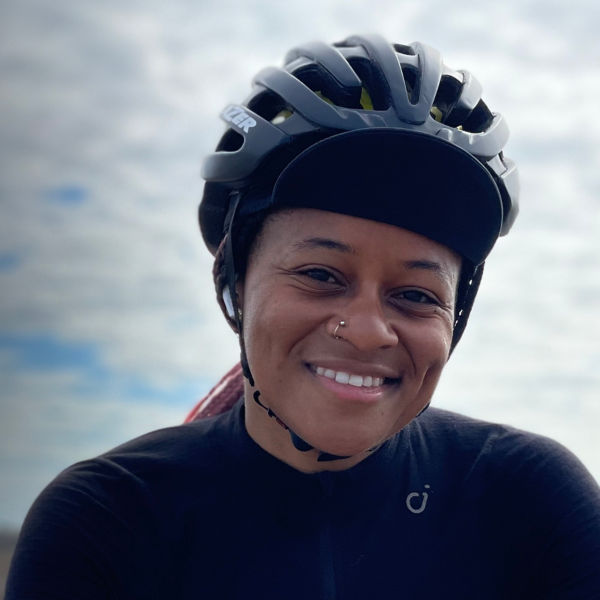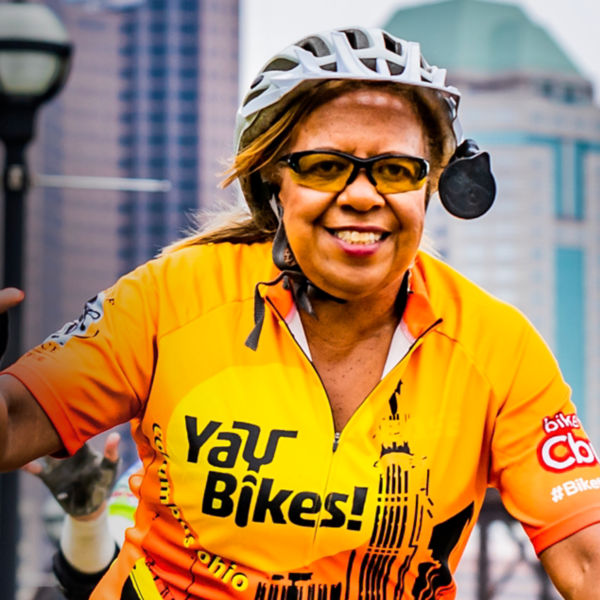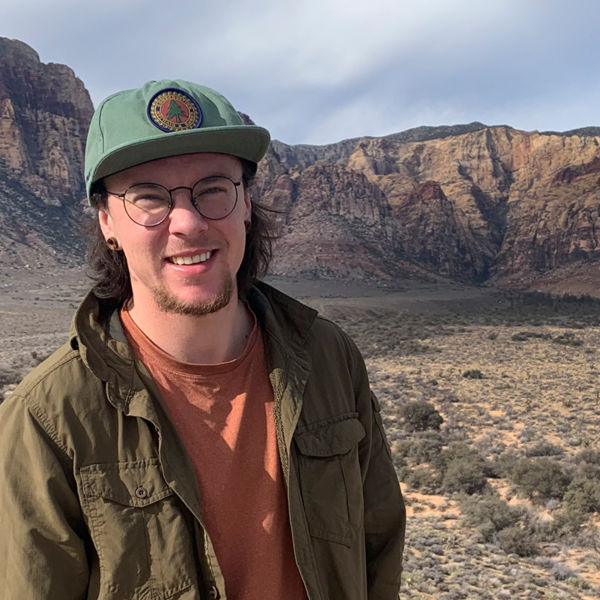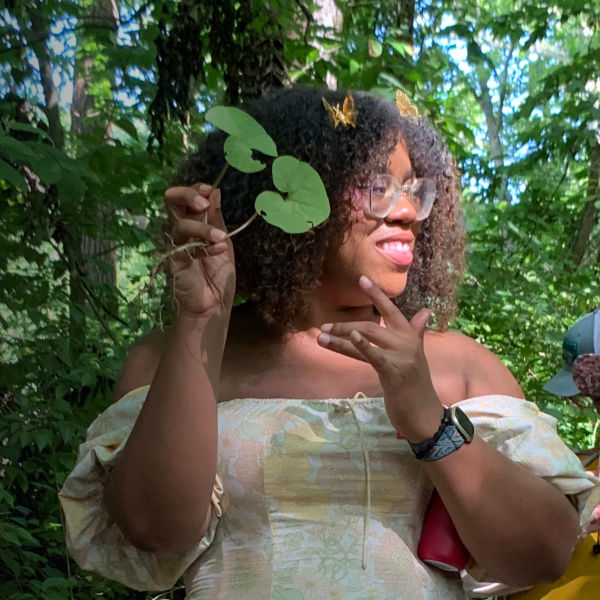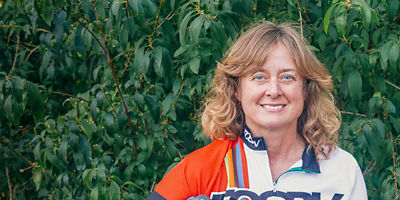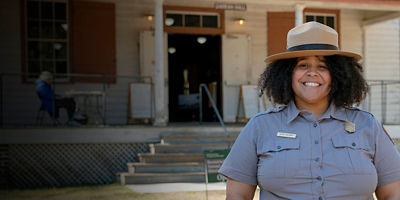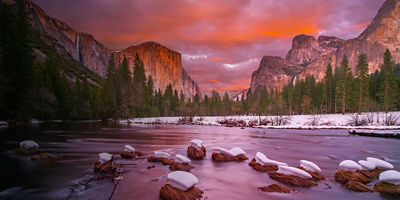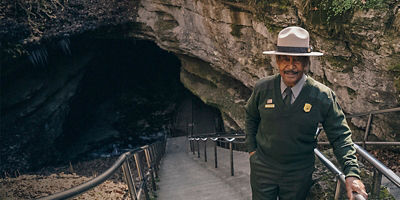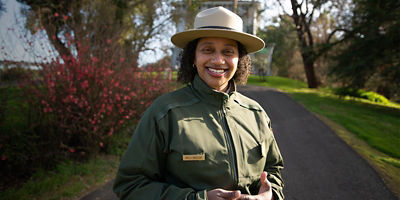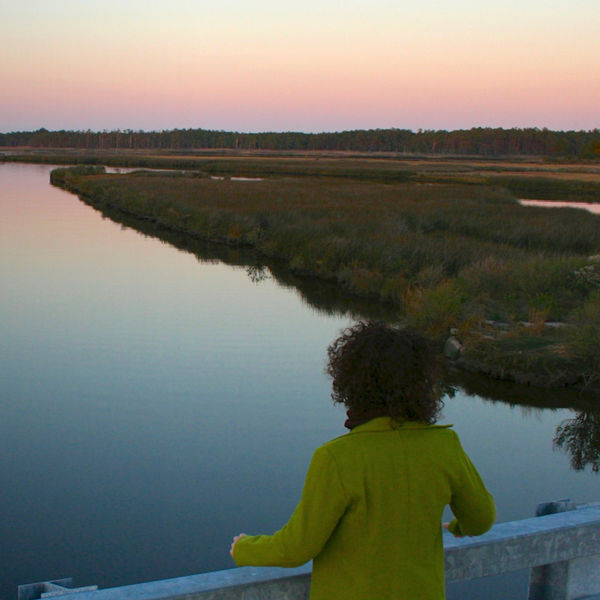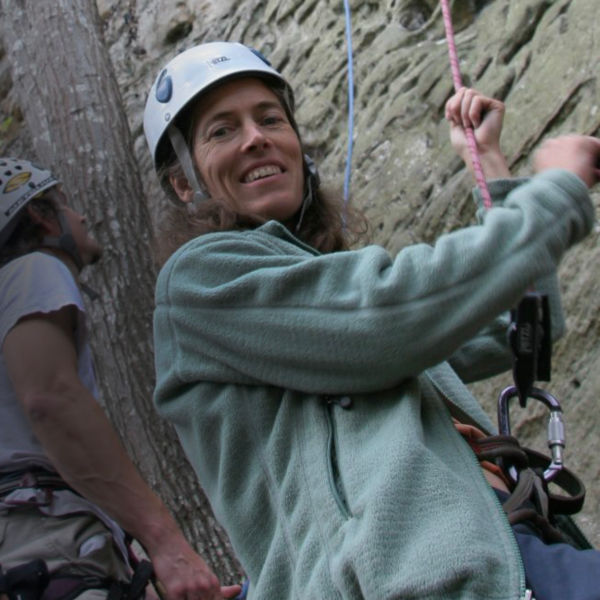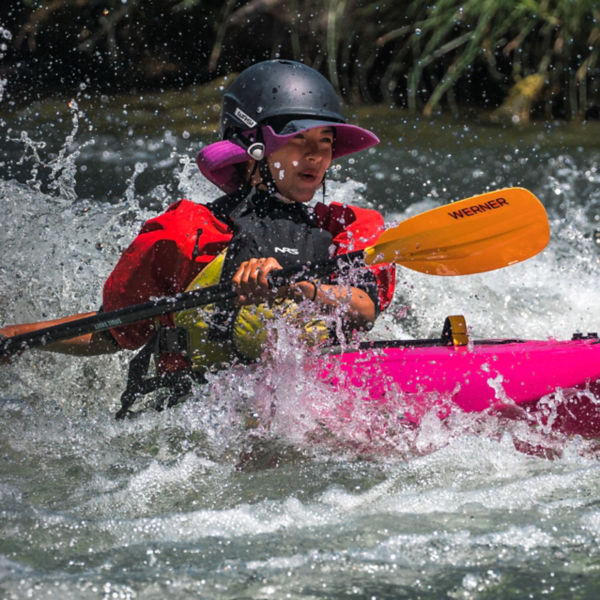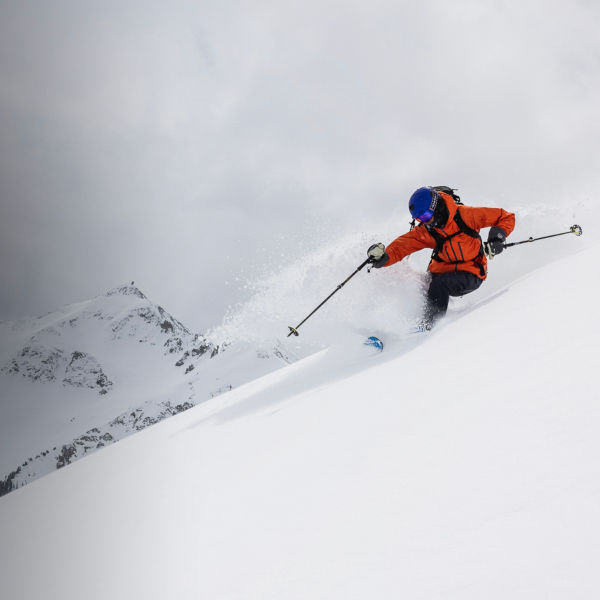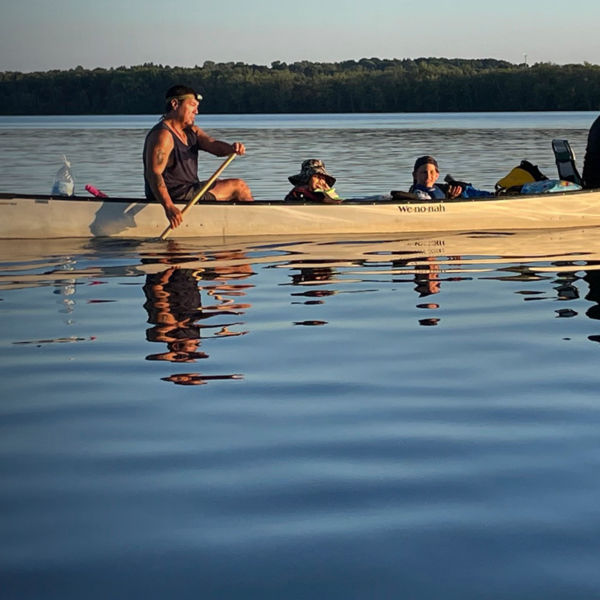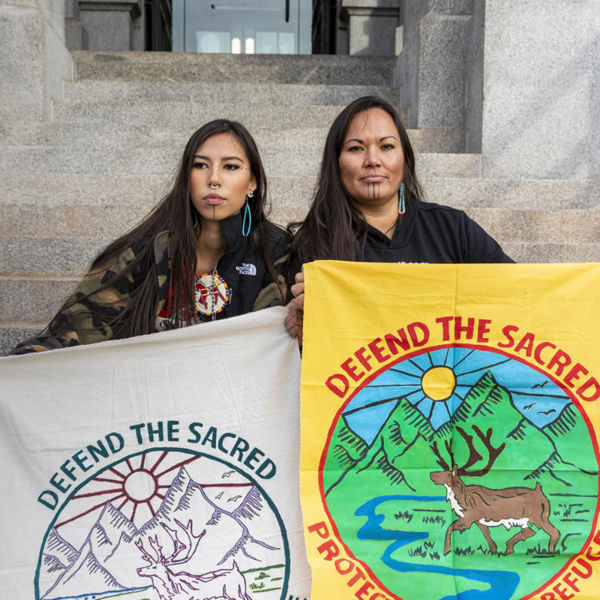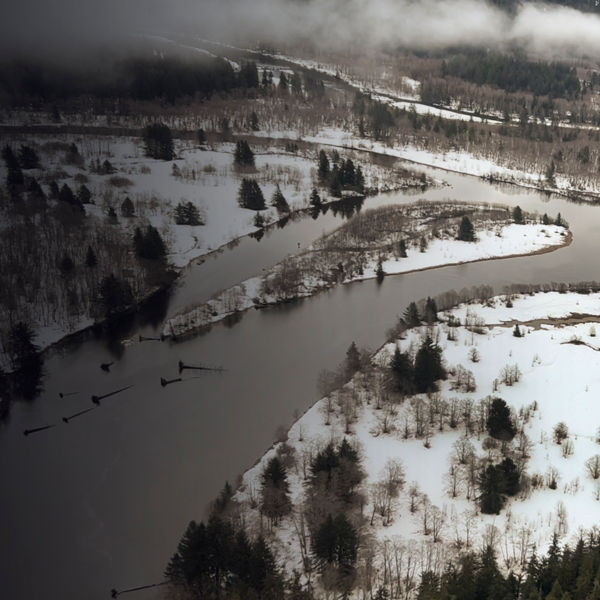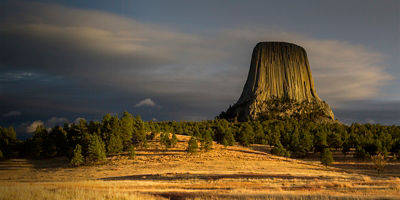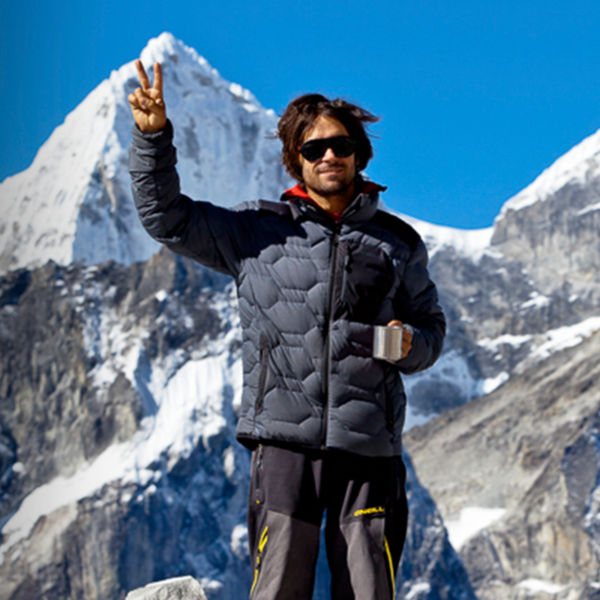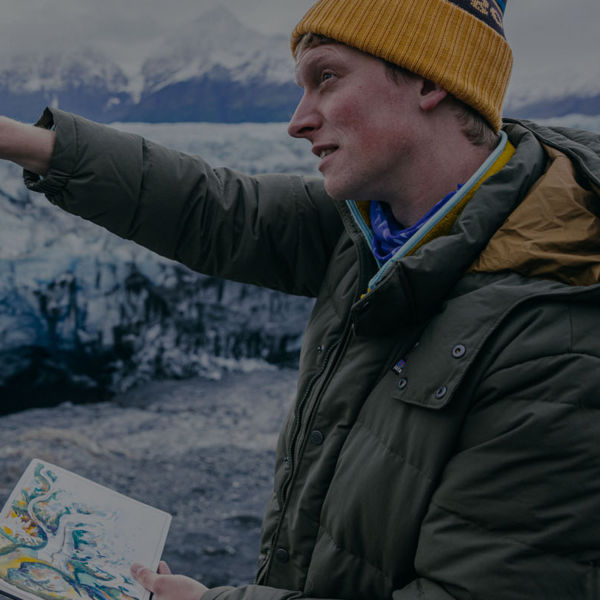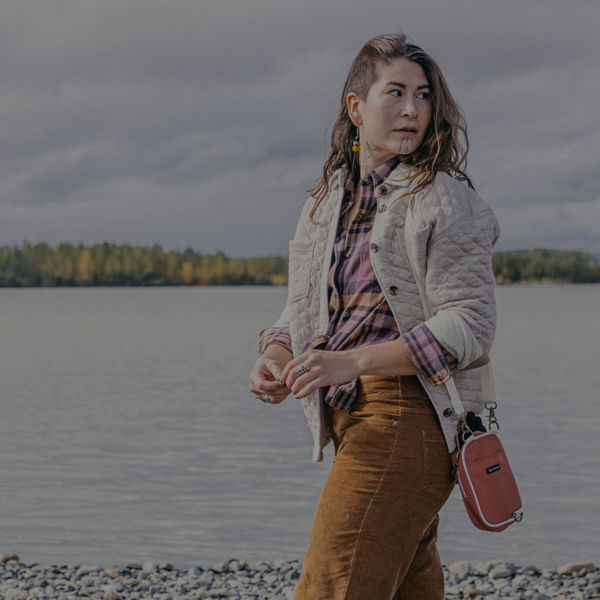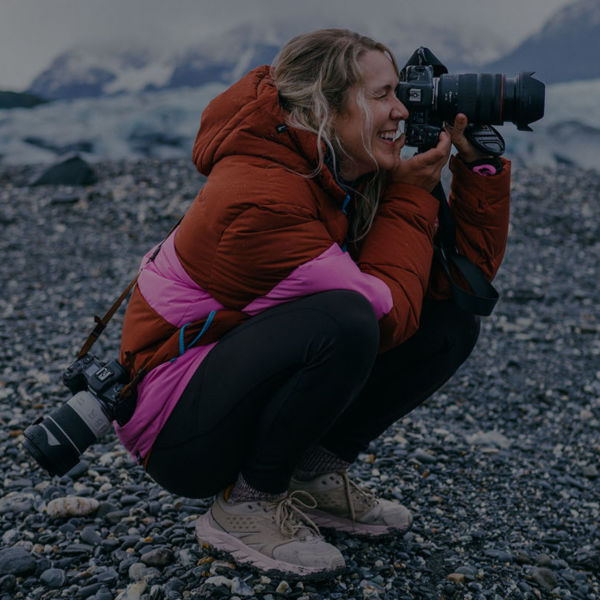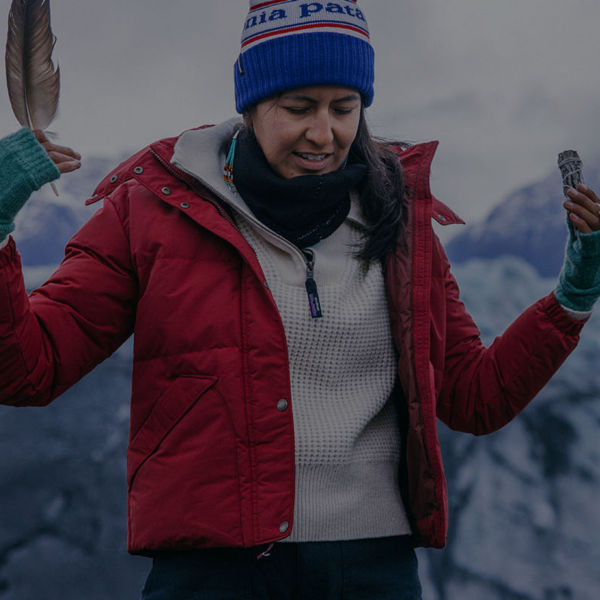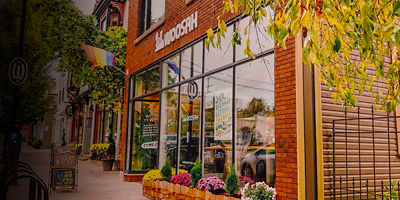
Record-seekers are easy to pigeonhole as such. And yes, Andrew Alexander King is motivated by accolades. He’s working to become the first Black person to climb the highest mountain and the highest volcano on every continent. So, it’s natural to assume that’s why he’s climbing. But his real motivation is much bigger than setting a record. He wants to connect and support local people and nonprofits that are working to combat climate change, racism, sexism, and other issues that negatively affect humanity.
Even without such world-changing aspirations, King would stand out as an unusual seven-summiter. He grew up in Detroit, geographically and culturally far from any alpine terrain. But when he eventually connected with nature, he was inspired to do more than just enjoy the scenery. Today, he lives in L.A., where he works a 9-to-5 as a tech company program manager and spends his free time training and working on his climbing project (The Between Worlds Project). We chatted with King after he’d returned from training for big-wave surfing in the sport’s ultimate crucible: Nazaré in Portugal.
PUBLIC LANDS: What were you like as a kid?
ANDREW ALEXANDER KING: I lived with my mom in Detroit and grew up in a pretty solid village—my grandmother, grandfather, great-grandmother, my brother, my sister, my uncles. Living in Detroit was very turbulent. You had to grow up fast. You didn’t get a real sense of childhood in the ‘normal’ sense because you had to grow up and look out for yourself and your siblings. But my family sheltered me from the realities and made it great. So, as a kid, I was the same way I am now—I was happy-go-lucky and just progressively looking to learn from others.
You went to go live in Germany with your grandparents and continued to run track and field like you did in Detroit. What was that like for you?
Track and field was the only sport I did because it didn’t cost anything, you just ran up and down the block. As a kid, I told myself that I wanted to be the fastest man in the world, but I’m also 5’5”. My grandparents were very disciplined individuals, so they gave me structure and they gave me the ability to have access to resources to pursue track and field. During that time I really honed in on being coached and learned how to take feedback and get better. I went on to medal the majority of the time during my junior and senior years and went to meets in Italy and Brussels and the UK. It was good to see the world at a young age and learn how to be more receptive to my surroundings in an empathetic sense.
What was your first really memorable or formative experience in the outdoors?
That would be Hawaii. When I was exploring in Hawaii as a young adult I got to really feel a place of non-judgement. I felt a sense of happiness and freedom and calm. I think it’s because I learned how nature made me feel—hiking up volcanoes or surfing—and I just felt really at peace.
How has your relationship with these outdoor pursuits—surfing and hiking and climbing—evolved over time?
Surfing was a way to take in a sense of what nature gives you and be present. When I saw a wave coming at me I felt like it was Mother Nature giving me a gift to take and learn from. I also got a lot of beatings—I learned that I can’t fight my way through a whiteout. I learned to read waves. I sat there and was mindful about which waves were for me and learned to be patient. This later translated into climbing. In Hawaii, I started to do higher mountains, like Mauna Kea, and that’s when I started to get a sense that I had the leg strength already and the mental toughness aspect that comes from Detroit. I didn’t get into mountaineering or high-altitude to be like this grand old climber, per se, I got into it because I really like to go to the top and meditate and sit there. It wasn’t ever peakbagging, I didn’t even know what peakbagging was until last year.
What initially drew you to climbing mountains?
I honestly just wanted to be at peace. I wanted a place where I felt I wasn’t judged for how short I was, what I look like, my skin color, or what I had no control over. I just wanted some place to be silent and peaceful. I felt that at the top, or along the way, I would find those answers within myself. It’s a place of flow for me. I know the Andrew that is starting is going to be very different from the one at the summit. They’re not going to be the same person.




